Two schools of Smaliavičy district, Minsk region, are embracing the elements of organic farming at the schoolyards for the first time in Belarus and growing environmentally safe products for schoolchildren’s meals. It has been made possible thanks to the implementation of the pilot initiative within the large-scale project “Supporting the Transition to a Green Economy in the Republic of Belarus”, funded by the European Union and implemented by UNDP in cooperation with the Ministry of Natural Resources and Environmental Protection of the Republic of Belarus.
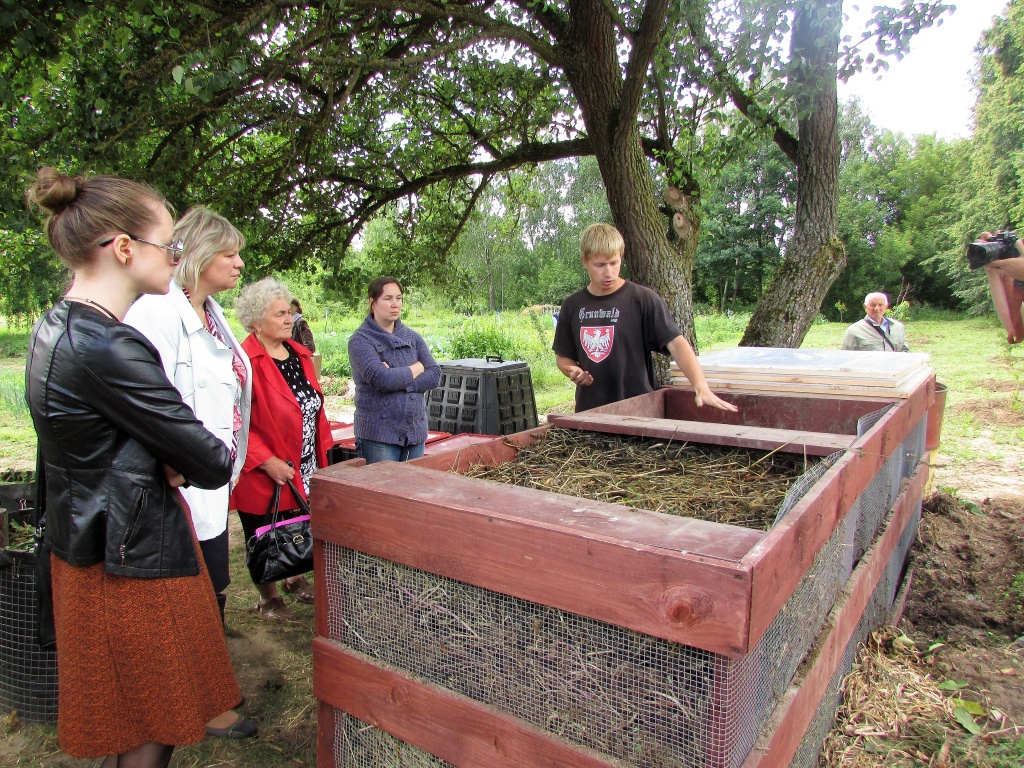
Three demonstration sites on organic farming were created in Smaliavičy district within the pilot initiative implemented by the “Belarusian Green Cross” NGO – two of them at the secondary schools in Dračkava and Slabada villages and the third one in the training centre of the "Belarusian Green Cross" (Krukaŭščyna village).
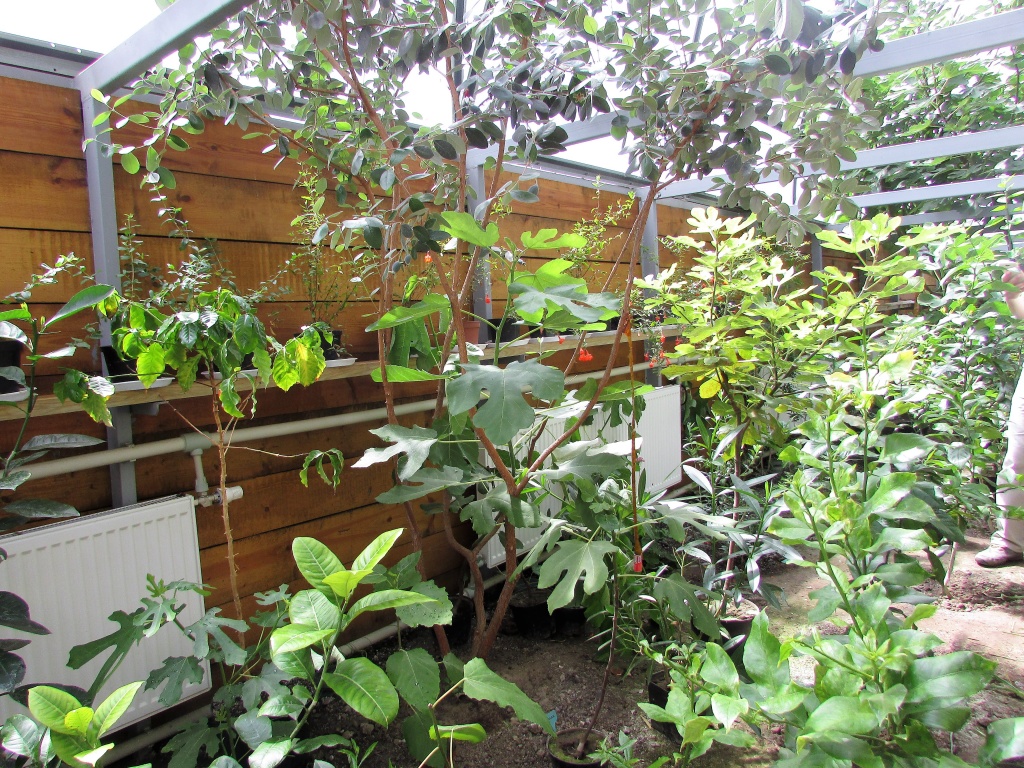
The created network of innovative sites will not only allow to grow environmentally safe products for school meals but also to promote sustainable land use among the youth through the demonstration of organic farming elements.
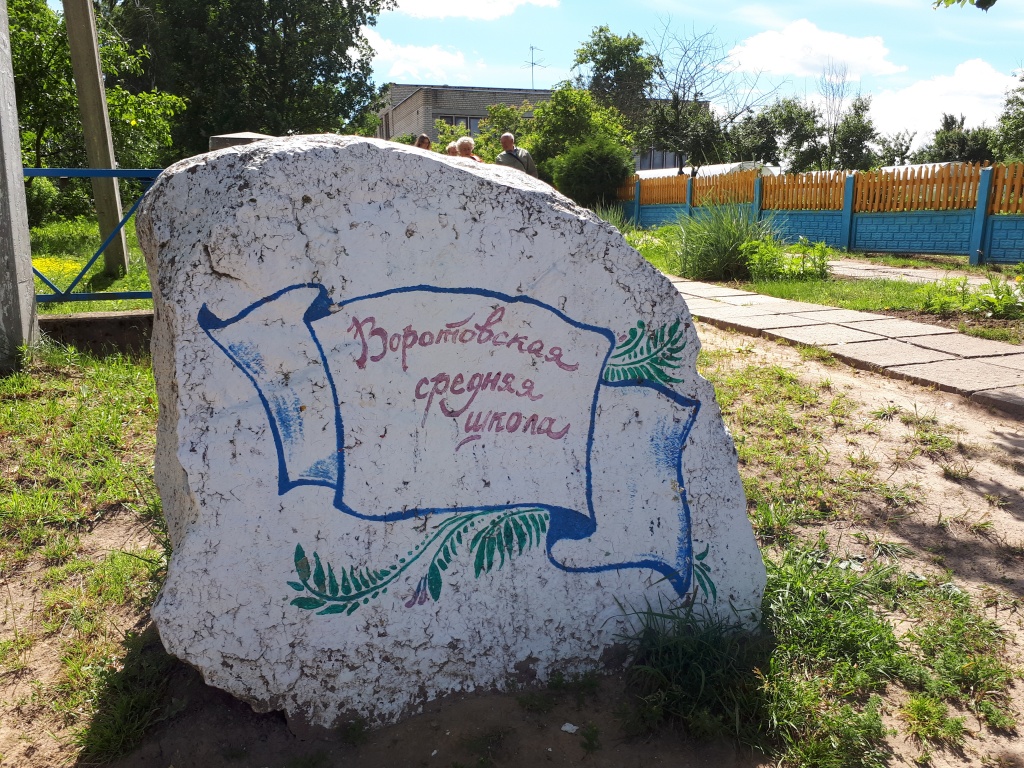
So far, environmentally safe potatoes, cucumbers and corn are grown for schoolchildren’s nutrition at the three training demonstration sites under the experts’ guidance. During the pilot initiative implementation, 6.64 tons of vegetables were harvested at the created sites. The products grown at the schoolyards were successfully monitored by the Smaliavičy district centre for hygiene and epidemiology.
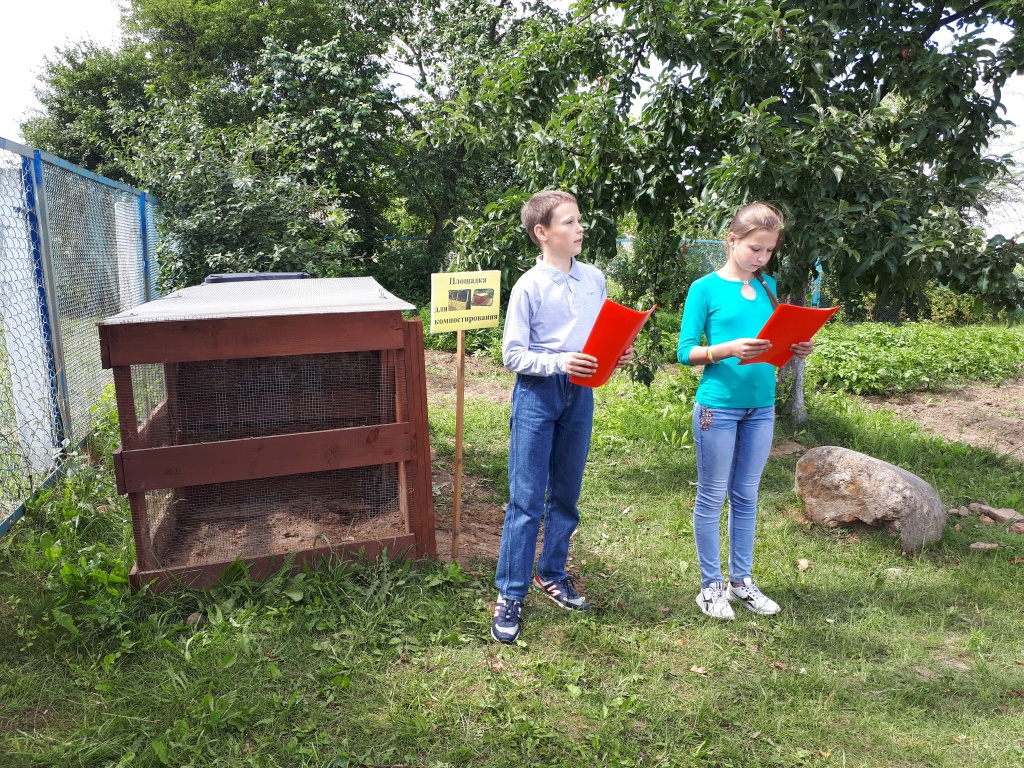
The pilot initiative facilitated the introduction of the whole complex of organic farming elements. The systems of automated drop irrigation for greenhouses and seedbeds, funded by the EU, were installed at the three sites for growing clean organic products. Moreover, vermicomposters for the production of bio-compost for growing organic products were created at all the sites.
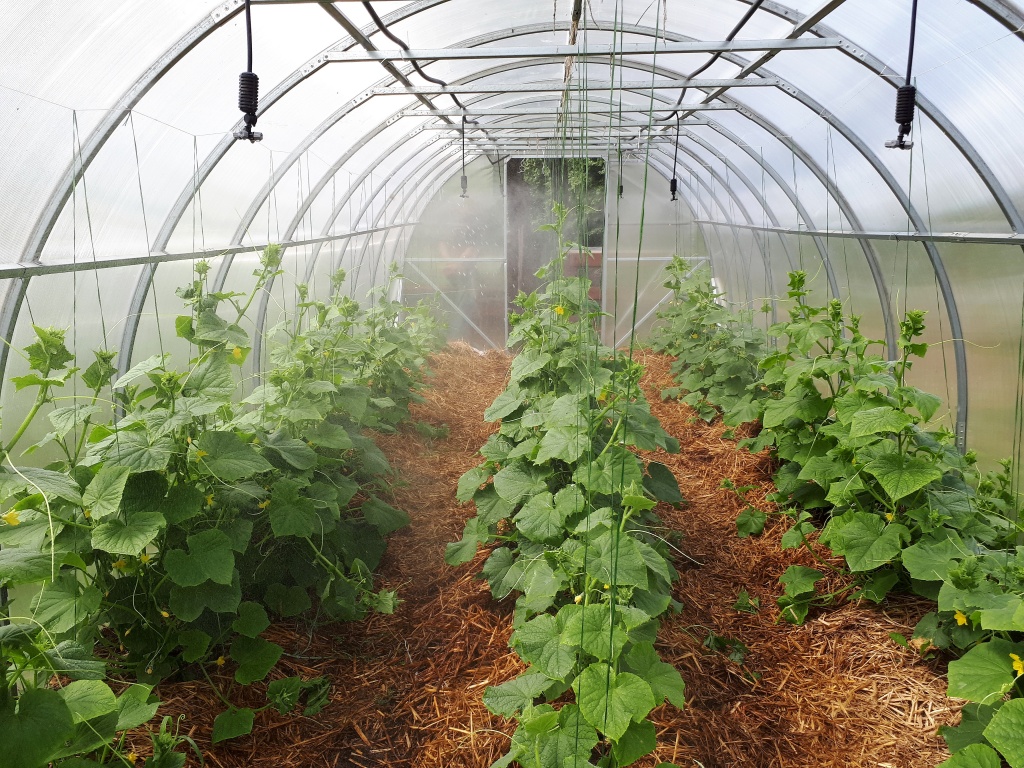
“Green” energy saving technologies were also introduced at the site of the "Belarusian Green Cross" training centre, allowing to save energy and promote modern energy efficient devices. Energy efficient lamps were installed in the centre as well as a solar power generating unit producing 10 kW of alternative energy for irrigation and operational needs.
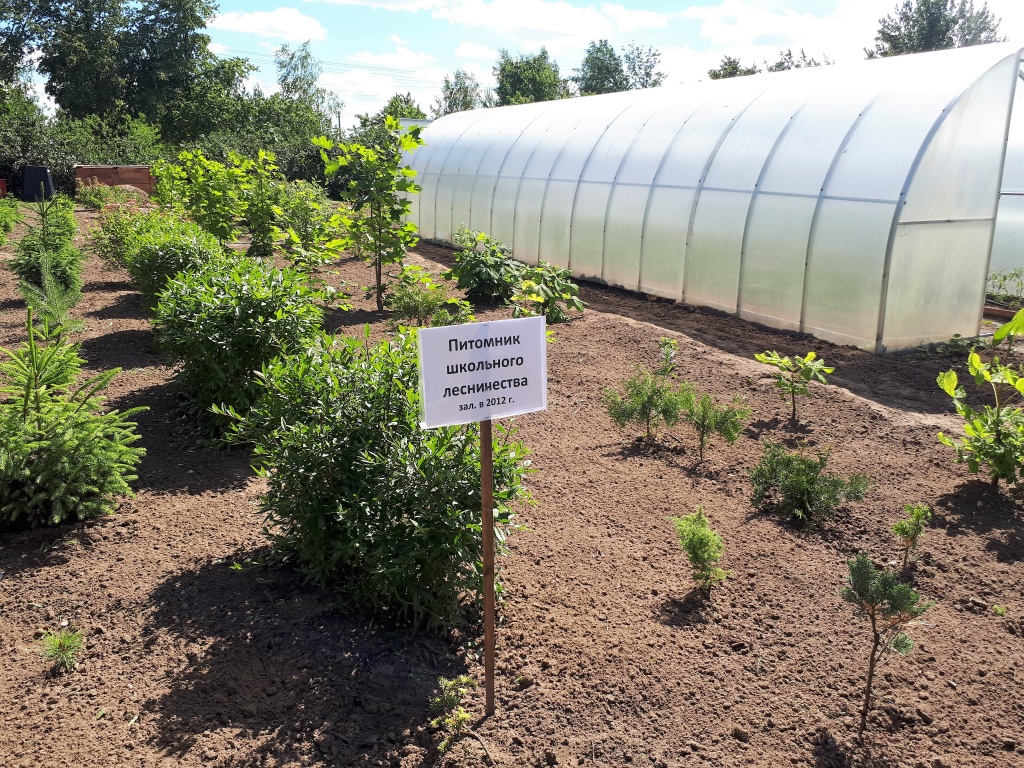
The created sites will contribute to the development of environmental education. Six educational programmes on green farming were developed in cooperation with experts within the pilot initiative. About 60 teachers from the Minsk, Viciebsk, Brest, Homieĺ and Hrodna regions have had a training course on the principles of organic farming. Thanks to the pilot initiative, 100 schoolchildren have already attended the classes on the basics of organic farming.
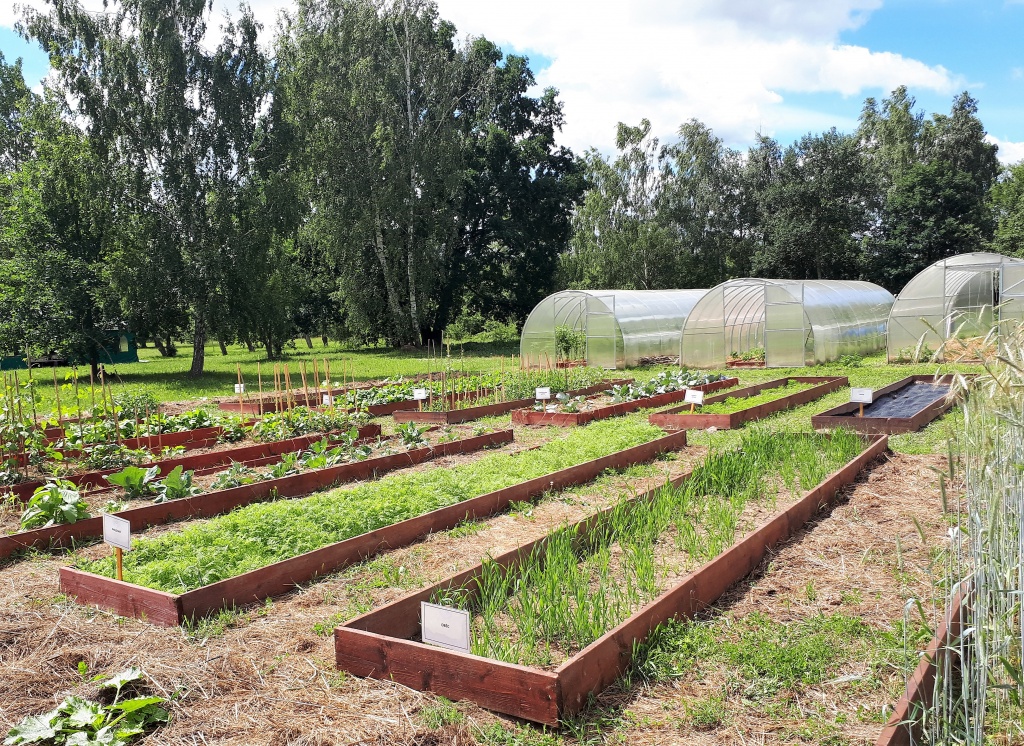
The pilot initiative has been implemented within the project "Supporting the Transition to a Green Economy in the Republic of Belarus", which aims at supporting the Republic of Belarus in generating “green” economic growth based on “green” principles, including environmentally sustainable and economically feasible use of natural resources, promotion of environmentally sustainable production and consumption, green jobs creation, changing target groups' behavior towards greater environmental sustainability.
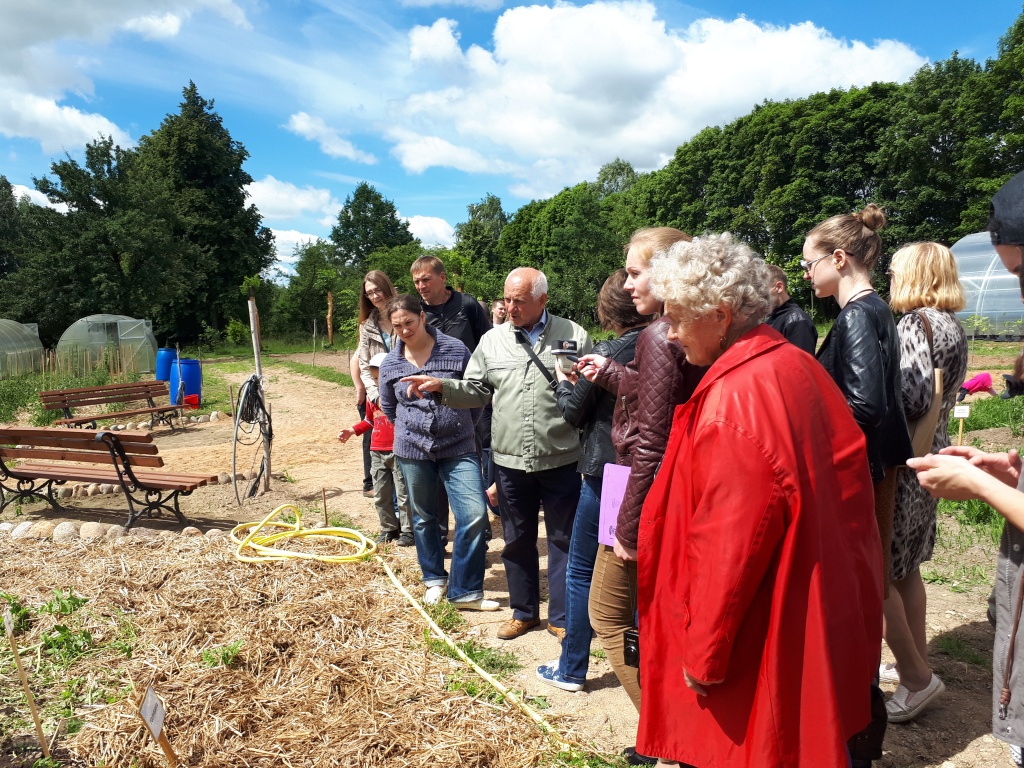
The budget of the project "Supporting the Transition to a Green Economy in the Republic of Belarus", in the framework of which 23 pilot initiatives are implemented, is 5 million euro. The budget of the pilot initiative on the creation of conditions for the introduction of organic farming elements at schoolyards is 110 000 euro.






